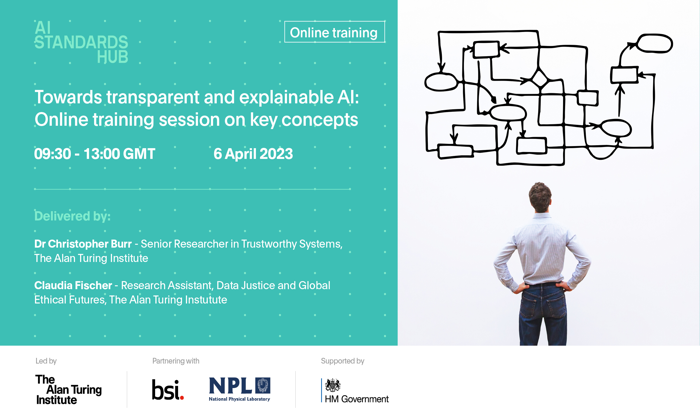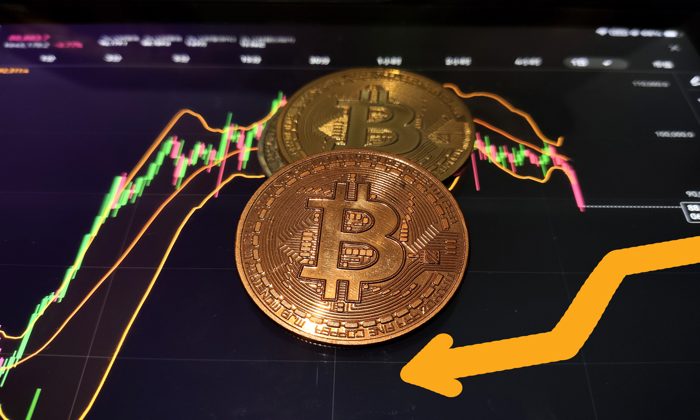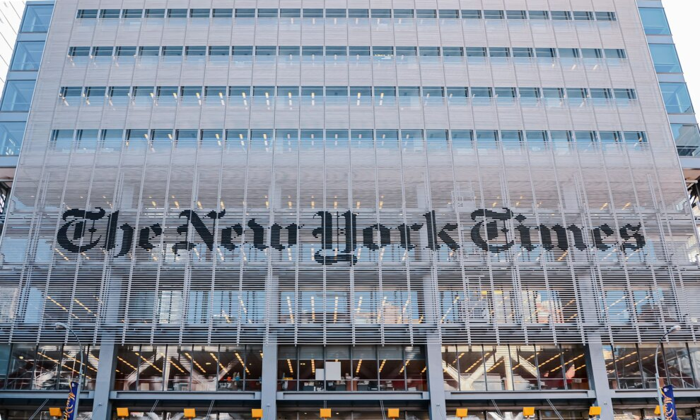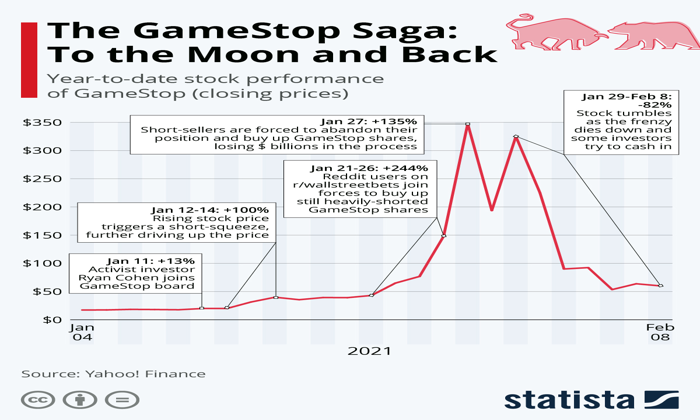In the evolving landscape of artificial intelligence, the pressing issue of AI training regulations has taken center stage, particularly as major players like Google and OpenAI push for a more lenient approach. They are calling on the U.S. government to relax restrictions concerning the use of copyrighted materials during AI training, acknowledging that current regulations may stifle innovation. As the nation prepares for its “AI Action Plan” by 2025, both companies argue that updating the AI copyright policy is critical for maintaining US AI leadership on a global scale. By easing these regulations, they believe the potential for breakthroughs in sectors such as healthcare and scientific research could be significantly enhanced. With the future of AI innovation hinging on these decisions, the conversation around the suitable framework for AI training is more timely than ever.
As the discussion surrounding artificial intelligence develops, the concept of regulations governing AI training has garnered significant attention, particularly with implications for intellectual property and innovation. The need for updated frameworks becomes apparent as tech giants advocate for adjustments in how copyrighted materials are utilized, emphasizing the importance of a cohesive approach to AI governance. These regulations are not merely bureaucratic necessities; they play a pivotal role in fostering a thriving environment for AI advancement and maintaining the United States’ competitive edge in technology. Moreover, the intersection of AI ethics and legal frameworks becomes increasingly crucial as advancements continue to reshape various industries. Ultimately, the future trajectory of AI development depends heavily on establishing effective guidelines that balance copyright concerns with the imperative for technological growth.
The Importance of Easing AI Training Regulations
In today’s rapidly evolving tech landscape, easing restrictions on AI training is paramount. Both Google and OpenAI have recognized the significance of streamlining regulations to foster an environment ripe for innovation. By advocating for a more flexible approach to AI copyright policy, they aim to mitigate the challenges presented by current intellectual property laws, which can stifle creativity and progress in artificial intelligence development.
The U.S. government’s initiative to draft an “AI Action Plan” by 2025 presents a unique opportunity to redefine how artificial intelligence interacts with copyright regulations. The proposed adjustments are essential not only for enhancing the United States’ status as a leader in AI innovation but also for addressing concerns surrounding the ownership of AI-generated content. A more adaptable regulatory framework could potentially unlock significant advancements across various industries, including healthcare and scientific research.
Navigating Copyright Challenges in AI Development
The intersection of AI and copyright law has become increasingly complex, particularly as both Google and OpenAI face litigation related to the copyrighted materials utilized in their training models. These legal challenges highlight the pressing need for a revised approach that considers the unique nature of AI technologies. Current copyright policies may inhibit the full potential of AI systems, limiting their ability to learn from diverse datasets that include copyrighted materials.
Navigating these copyright challenges requires a collaborative effort between tech companies and government regulators. By negotiating a balance that supports innovation while respecting intellectual property rights, stakeholders can create a more conducive environment for AI advancements. Implementing reforms that allow the responsible use of copyrighted works could fuel U.S. AI leadership and stimulate further investment in this transformative technology.
The Role of Federal Policies in AI Advancement
Amidst a patchwork of state-level regulations governing AI, a cohesive federal policy framework is essential for ensuring consistent progress across the industry. Google has voiced concerns that the current fragmentation leads to compliance complications, potentially stunting innovation. A unified federal approach would not only simplify the regulatory landscape but also position the United States as a stable ground for continuing advancements in artificial intelligence.
Establishing comprehensive federal policies that address AI training regulations and copyright issues can streamline operations for both established tech giants and emerging startups. Such clarity can facilitate a more favorable ecosystem for AI innovation, allowing companies to focus on developing cutting-edge technologies rather than navigating a convoluted regulatory maze. As the United States seeks to maintain its leadership role in the global AI arena, effective policy-making is critical.
Impact of AI Copyright Policy on Innovation
The debate surrounding AI copyright policy is not just about intellectual property; it directly influences the trajectory of innovation in the sector. By advocating for looser restrictions, Google and OpenAI are emphasizing the necessity of an adaptable policy that encourages creativity in AI development. As the technology matures, so should the frameworks that govern its use, ensuring that researchers and developers can access the materials they need to innovate effectively.
Moreover, a progressive AI copyright policy could act as a catalyst for broader economic benefits. Various fields, including healthcare, education, and engineering, can harness the capabilities of AI to solve complex challenges. By mitigating the legal limitations currently faced by companies, the U.S. can accelerate its growth in AI, ultimately benefiting society at large through enhanced services and products enabled by groundbreaking technologies.
Collaborative Efforts for AI Regulations
The collaboration between tech giants like Google and OpenAI showcases the importance of industry-unified voices in the regulatory process. Their joint efforts to influence AI copyright policy reflect a broader consensus within the tech community regarding the need for regulatory reform. Engaging with policymakers will be crucial as they navigate the implications of their proposals on future AI developments and applications.
Through dialogue and collaboration, stakeholders can ensure that the proposed regulatory changes adequately address the needs of the rapidly evolving AI landscape. This collaborative atmosphere can foster a clearer understanding of the interplay between innovation and regulation, ultimately leading to a regulatory framework that not only protects intellectual property but also paves the way for technological advancement.
Ensuring U.S. Leadership in AI Innovation
As global competition in artificial intelligence intensifies, ensuring U.S. leadership requires both strategic investment and supportive regulations. Google’s push for advantageous policies regarding AI training is designed to bolster the nation’s position in this critical sector. By advocating for the relaxation of restrictive copyright policies, the U.S. can enhance its global standing and encourage further investments in AI technologies.
Moreover, maintaining U.S. leadership in AI development entails fostering an environment that promotes research and commercial application of artificial intelligence solutions. By crafting policies that support innovation while protecting intellectual property, the government can help sustain a dynamic AI ecosystem that attracts talent and resources. The strategic alignment of innovation policies with AI development objectives will be pivotal in maintaining the U.S.’s competitive edge.
AI Training and International Partnerships
In an increasingly interconnected world, international partnerships play a vital role in advancing AI development. The collaboration between tech companies across borders can invigorate innovation and accelerate AI training processes. However, the variation in copyright policies and AI regulations among countries can create hurdles for multinational tech companies like Google and OpenAI.
To overcome these challenges, it’s essential for U.S. policymakers to engage with international counterparts to harmonize regulations. By fostering a collaborative international framework, the U.S. can facilitate knowledge sharing and resource mobilization, enhancing the global AI landscape. Such partnerships can also address common concerns about copyright issues, ensuring that developments in AI are globally beneficial.
The Future of AI and Copyright Regulations
As AI technologies continue to progress, the future of copyright regulations will inevitably evolve alongside them. The current discourse set forth by Google and OpenAI emphasizes the need for a forward-thinking approach to AI copyright policies that align with technological advancements. Addressing these regulatory challenges can pave the way for more comprehensive guidelines that facilitate innovation while safeguarding intellectual property.
Looking ahead, it’s crucial for industry leaders and regulatory bodies to work hand in hand to anticipate the implications of emerging AI capabilities. Establishing adaptive frameworks that are responsive to the needs of both creators and innovators will be key in shaping a sustainable future for artificial intelligence. A proactive regulatory environment can inspire confidence among industries and fuel further progress as AI continues to redefine modern capabilities.
Challenges Facing AI Development in the U.S.
Despite the promising potential of artificial intelligence, numerous obstacles are impeding its development in the U.S. One of the most significant challenges is the restrictive nature of existing copyright laws, which can hinder companies like Google and OpenAI from fully utilizing the data necessary for training their systems. Addressing these challenges becomes essential to leveraging the full capabilities of AI.
In addition, other hurdles such as public perception regarding AI, ethical considerations, and the need for updated educational frameworks further complicate the landscape. Creating a regulatory environment that acknowledges these concerns while also promoting AI innovation is critical for the future of technology in America. Ensuring a balanced approach will not only enhance efficiency but also maintain public trust in AI advancements.
Frequently Asked Questions
What are the current AI training regulations in the U.S. regarding copyrighted materials?
Current AI training regulations in the U.S. involve strict copyright policies that limit how artificial intelligence systems can utilize copyrighted materials for training. These regulations can hinder innovation, particularly in fields like healthcare and scientific research. Recent proposals by tech leaders like Google and OpenAI suggest that easing these restrictions could enhance AI development and maintain U.S. leadership in the global AI landscape.
How are Google and OpenAI influencing AI copyright policy?
Google and OpenAI are actively influencing AI copyright policy by advocating for more flexible regulations on AI training. They submitted proposals to the Trump administration, urging the removal of strict intellectual property barriers that they believe stifle innovation and hinder AI progress across various industries.
What impact do AI training regulations have on U.S. AI innovation?
AI training regulations significantly impact U.S. AI innovation by creating legal barriers that limit access to vital resources needed for training AI models. Strict copyright policies can slow down advancements in key sectors like healthcare and economic development, making it crucial for policymakers to consider adjustments that promote a more conducive environment for AI innovation.
What proposals have been made for AI training regulations under the Trump administration?
Under the Trump administration, proposals from companies like Google and OpenAI aim to relax AI training regulations, particularly concerning copyright issues. The emphasis is on creating flexible AI training environments that encourage innovation and position the U.S. as a leader in artificial intelligence development as the government prepares its ‘AI Action Plan’.
Why are cohesive federal AI regulations necessary according to tech leaders?
Tech leaders, including those from Google and OpenAI, argue that cohesive federal regulations are necessary to prevent compliance chaos caused by fragmented state-level laws. They believe that unified regulations will foster a more supportive atmosphere for AI innovation, ensuring that advancements are not stifled by inconsistent legal frameworks.
How do Google and OpenAI’s proposals address the challenges faced by AI in the U.S.?
Google and OpenAI’s proposals seek to address challenges faced by AI in the U.S. by advocating for a reduced emphasis on copyright restrictions in AI training. They argue that loosening these barriers is essential for promoting innovation, reducing legal uncertainties, and ensuring that the U.S. maintains its leadership position in the rapidly evolving field of AI.
What is the significance of the AI Action Plan in relation to AI training regulations?
The AI Action Plan is significant because it outlines the U.S. government’s strategic approach toward artificial intelligence, including proposed AI training regulations. As the deadline approaches for the plan’s implementation by mid-2025, the input from key industry players like Google and OpenAI becomes vital for shaping a regulatory framework that balances innovation with ethical considerations.
How do ongoing lawsuits affect AI training regulations by companies like Google and OpenAI?
Ongoing lawsuits involving companies like Google and OpenAI highlight the tensions around AI training regulations and copyright policies. These legal challenges underscore the need for clearer guidelines that address the use of copyrighted materials in AI training, further fueling calls for regulatory reform to facilitate continued innovation in the sector.
| Key Point | Details |
|---|---|
| Google and OpenAI Coalition | Both companies urged the Trump administration to relax restrictions on AI training. |
| Focus on Copyrighted Materials | The proposal emphasizes the need for a more flexible approach to copyright laws related to AI training. |
| Trump Administration’s AI Action Plan | An AI Action Plan is being created, with an expected release by mid-2025. |
| Impact of Regulation on Innovation | Loosening IP barriers is seen as vital for fostering innovation and maintaining U.S. leadership in AI development. |
| Concerns Over State Regulations | Google highlighted issues with fragmented state-level AI regulations that may complicate compliance. |
| Broader Sentiment on AI Regulations | There’s a growing concern among AI advocates about the legal hurdles in AI development. |
Summary
AI training regulations have become a central topic as major tech companies like Google and OpenAI advocate for easing restrictions that hinder innovation. The recent push to relax copyright laws emphasizes the significant need for cohesive regulations that promote growth within the AI sector. Recognizing the potential of artificial intelligence while addressing the concerns about compliance chaos in a fragmented regulatory environment is crucial for the U.S. to maintain its leadership in AI development.
AI training regulations are pivotal in defining how artificial intelligence evolves and adapts within the United States. Recently, both Google and OpenAI took significant steps by appealing to the Trump administration for changes that would ease restrictions, particularly within the realm of AI copyright policy. Their proposals highlight the urgent need for a more flexible approach as the upcoming “AI Action Plan” seeks to solidify U.S. leadership in this critical sector. By advocating for the relaxation of intellectual property barriers, these tech giants aim to stimulate AI innovation and maintain America’s position at the forefront of global advancements in artificial intelligence. As we navigate these complex legal landscapes, it’s vital to understand how these regulations will shape the future of AI development, particularly in industries like healthcare and economic growth.
In the realm of machine learning and automated systems, the guidelines governing AI development and usage are crucial for fostering an environment conducive to progress. Major tech players like Google and OpenAI have raised their voices against stringent regulations that may impede advancements in innovative technologies. By pushing for amendments to existing copyright statutes and federal policies, they aim to create a landscape where artificial intelligence can thrive without the burden of restrictive intellectual property laws. This dialogue around AI governance is essential, especially as the U.S. prepares its strategic plan for AI leadership in the coming years. It’s increasingly clear that a balance between safeguarding intellectual property rights and promoting technological advancement is necessary for the sustained growth of AI in various sectors.















